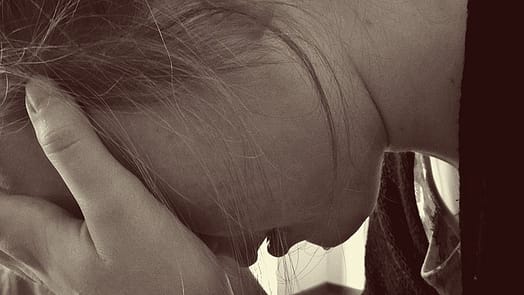Signs and Symptoms of Congestive Heart Failure

If you experience congestive heart failure signs and symptoms, it is very important to assess the condition adequately.
It is a condition that affects the pumping power of the heart muscles as a result of fluids build-up.
The heart has four chambers whereby the upper part has two atria and the lower part has two ventricles.
The atria receives blood that is circulating back from the rest of the body while the ventricles pumps blood to the tissues and organs.
Congestive heart failure occurs when the ventricles is not able to pump the right volume of blood to the rest of the body.
Signs and Symptoms of Congestive Heart Failure
In the early stages of this condition, you will not notice any changes in your health.
But as things get worse, you will start noticing gradual changes in your body.
Among the symptoms that you will or may notice first include:
– Swelling in the ankles, legs and feet
– fatigue
– increased need to urinate during the night
– weight gain
As your condition worsens, you will start experiencing the following signs and symptoms:
– wheezing
– a cough that results from congested lungs
– irregular heartbeat
– shortness of breath that may indicate pulmonary edema
If the congestive heart failure advances and becomes severe, the following are the signs and symptoms that you will experience:
– rapid breathing
– fainting
– chest pain that radiates in the upper body (this can also be a sign of heart attack)
– skin turns blue due to lack of oxygen in the lungs.
Diagnosis of Congestive Heart Failure
When you experience any of the above-mentioned signs and symptoms, it is important to seek
medical attention from your healthcare provider immediately.
The symptoms that indicate a severe heart condition will need immediate medical attention.
Your healthcare provider may refer you to a cardiologist or heart specialist after reporting to them your symptoms.
The heart specialist will perform a physical exam that usually involves listening to the heart with a stethoscope in order to determine if there are abnormal heart rhythms.
He or she may order some diagnostic tests to examine your heart’s blood vessels, valves and chambers so as to confirm an initial diagnosis.
Medications and Treatments Needed For Congestive Heart Failure
Different heart specialists may recommend different medications and treatments depending on your overall health as well as how far the condition has progressed.
Some of the medications that can be used include diuretics to reduce fluid content in the body, beta-blockers to reduce blood pressure and slow down the heart rhythm, and angiotensin-converting enzyme inhibitors to enlarge or open up blood vessels in order to improve blood flow.



